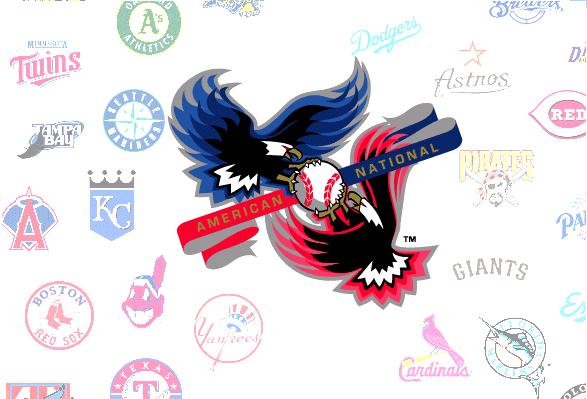Baseball is a strange sport. In most sports, your goal is to take the ball (or puck), and carry it past the defenders, across the court/ice/field to score. In baseball you're still trying to get the ball past the defenders, but scoring runs with your body - back in the exact place you started. Major League Baseball is pretty strange even among other major professional sports, in that it's actually comprised of two leagues, with significantly different rules.
Obviously, I'm talking about the designated hitter rule: the National League has the pitcher hit, and the American League sits the pitcher down and gets an extra offensive player in the lineup. Because interleague games are played with home field rules, the American League pitchers typically get drilled in the finer points of hitting (mostly sacrifice bunts and how not to get injured swinging the bat and running to first) in the weeks before interleague play starts.
But due to the Astros shift from the NL to the AL, interleague play will no longer be limited to two stints before the All-Star Game. No, now that there are six divisions of five teams, scheduling will require one interleague contest each day, meaning that AL pitchers must be prepared to hit about once a month all season.
For instance, the Red Sox pitchers will have their first taste of batting in interleague at the end of April, with a two-game series in Philadelphia, then they'll head to San Francisco for a three-game set against the defending champs and to LA to play three against the Dodgers in late August. The last chance for Red Sox pitchers to make their case for the Silver Slugger award will come in the second-to-last series of the season, two games in Colorado at the end of September.
All in all, the Red Sox will have to do without the DH for just ten games - but at random intervals. Joel Sherman of the New York Post thinks that the overhaul in scheduling is bound to lead to more pitcher injuries, and eventually the end of pitchers hitting in any league. The players union would be much more likely to accept an expansion of the DH role, because it allows aging sluggers to prolong their career.
Personally, I think it will be a sad day indeed when some pitcher steps up to the plate for the last time. I understand the practicality of phasing out the rule disparities between the two leagues in this manner, but at its heart baseball is a game of nostalgia. Every rule change meets resistance (ranging in severity from the horrible threats faced by the great Jackie Robinson to the minor chorus of whining about last year's playoff expansion), but over time most fans come to realize that change can be good - while still reminiscing about the good old days.




No comments:
Post a Comment